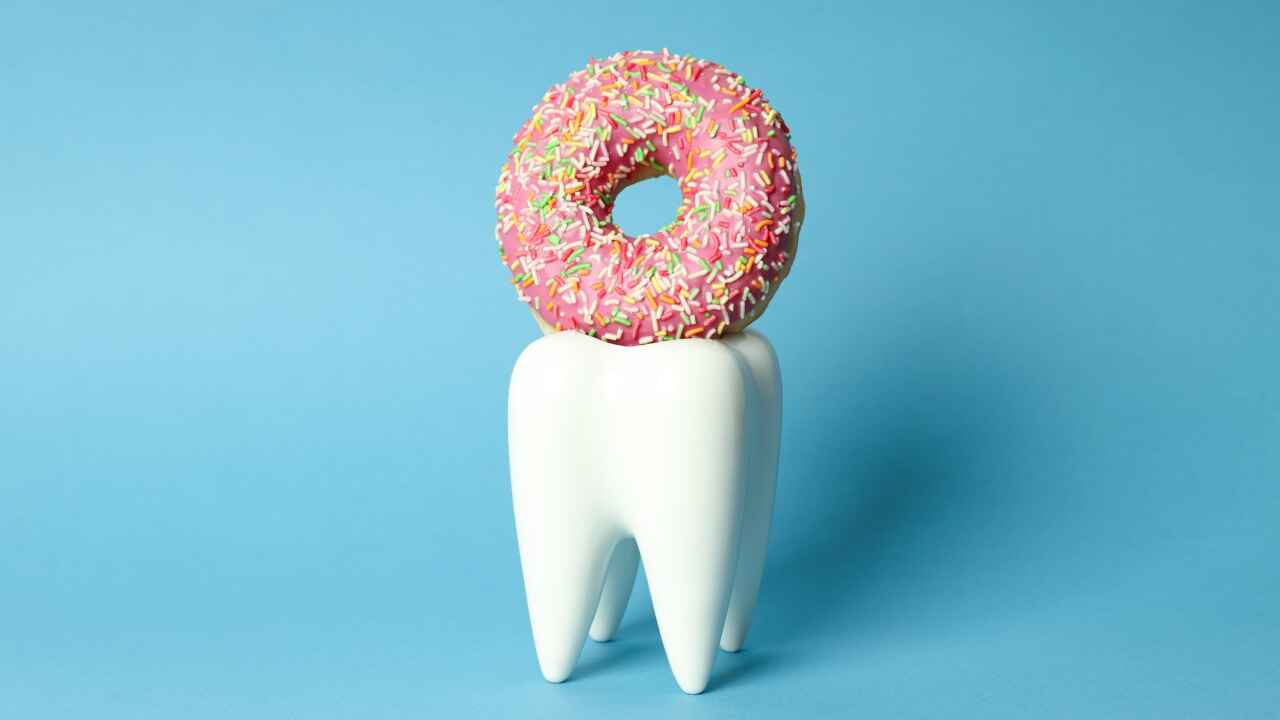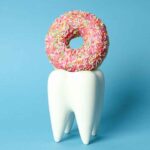Gum disease, or periodontal disease, is a common dental condition that usually starts as gingivitis. This early stage is marked by red, swollen gums that may bleed during brushing or flossing. The good news is that gingivitis is reversible with proper care. If ignored, however, it can progress to periodontitis, a more serious form that can lead to tooth loss. Thankfully, with consistent home care, you can reverse early gum disease and restore gum health naturally. Acting early is key.
Understanding Early Gum Disease
Gingivitis is caused by plaque—a sticky film of bacteria that forms on your teeth. When plaque isn’t removed through brushing and flossing, it hardens into tartar, which irritates the gums. This leads to inflammation, bleeding, and tenderness. While it may be painless at first, it’s important not to ignore the signs. Early intervention can prevent the condition from advancing. With a good routine, most cases of gingivitis can be reversed at home.
Brushing Properly and Consistently
Brushing twice a day is essential, but technique matters. Use a soft-bristled toothbrush and fluoride toothpaste. Hold the brush at a 45-degree angle to your gums and use gentle, circular strokes. Avoid harsh scrubbing, which can damage gum tissue. Electric toothbrushes are highly recommended for their effectiveness. Replace your toothbrush every three months or sooner if the bristles are worn.
Flossing Daily to Remove Hidden Plaque
Flossing once a day removes plaque and food debris from between teeth. These are areas your toothbrush can’t reach. Neglecting to floss allows bacteria to thrive and inflame your gums. Choose a method that works for you—traditional floss, floss picks, or a water flosser. The key is consistency, not perfection. Daily flossing can make a huge difference in reversing gingivitis.
Using Antibacterial Mouthwash
Antibacterial mouthwash helps reduce the bacteria that contribute to gum disease. Look for mouthwashes containing ingredients like chlorhexidine, cetylpyridinium chloride, or essential oils. Alcohol-free options are best to avoid drying out your mouth. Rinse after brushing and flossing for maximum benefit. It helps clean areas you might miss with brushing alone. This extra step supports healing and freshens breath.
Rinsing with Salt Water
Salt water rinses are a natural remedy to reduce gum inflammation. Mix ½ teaspoon of salt in a cup of warm water and swish for 30 seconds. This helps kill bacteria and soothes irritated tissue. Use this rinse 2–3 times daily, especially after meals. It’s inexpensive, effective, and gentle on the mouth. Just remember not to swallow the solution.
Natural Remedies to Soothe Gums
Certain natural remedies can support gum health. Aloe vera gel can be applied directly to the gums to reduce inflammation. Tea tree oil, when diluted, has antibacterial properties—just don’t use it undiluted. Oil pulling with coconut or sesame oil may also reduce plaque. Swish the oil in your mouth for 10–15 minutes, then spit it out. Use natural treatments as supplements, not replacements, for brushing and flossing.
Quit Smoking for Better Gum Health
Smoking is one of the leading risk factors for gum disease. It reduces blood flow to the gums and impairs healing. Smokers are more likely to develop tartar, receding gums, and tooth loss. Quitting smoking can significantly improve your gum and overall oral health. The benefits begin quickly after quitting. Seek support if you need help breaking the habit.
Eat a Gum-Friendly Diet
Your diet plays a crucial role in reversing gum disease. Focus on foods rich in vitamin C, such as berries, oranges, and peppers. Calcium from dairy or leafy greens strengthens teeth and bones. Green tea contains antioxidants that help reduce inflammation. Limit sugary foods and drinks, which fuel harmful bacteria. A balanced diet supports both gum healing and immunity.
Stay Hydrated
Drinking plenty of water helps keep your mouth clean and hydrated. Water washes away food particles and bacteria after meals. It also promotes saliva production, which is essential for neutralizing acid. Dry mouth can worsen gum disease, so hydration is important. Make water your drink of choice throughout the day. Avoid excessive intake of sugary or acidic beverages.
Monitor Teeth Grinding or Clenching
Teeth grinding (bruxism) puts extra pressure on your gums and teeth. It can worsen gum recession and damage tissue. Many people grind their teeth at night without realizing it. If you suspect bruxism, talk to your dentist about a mouthguard. Reducing stress can also help manage the habit. Protecting your teeth from grinding aids in gum healing.
When to Seek Professional Help
Home care can reverse early gum disease, but some cases need professional attention. If symptoms persist after two weeks of care, consult a dentist. Signs like pus, loose teeth, or severe gum recession require urgent evaluation. A dental cleaning may be necessary to remove hardened tartar. Regular checkups every six months are also essential. Prevention is always better than treatment.
Best Dentist in Karachi – Book Online Appointment
Conclusion
Reversing early gum disease is entirely possible with daily effort. Consistent brushing, flossing, antibacterial rinses, and a healthy diet go a long way. Avoid smoking, manage stress, and stay hydrated for optimal gum health. Recognize the early signs and respond quickly to prevent complications. With care and commitment, you can restore your gums naturally. Your smile—and your health—will thank you.






